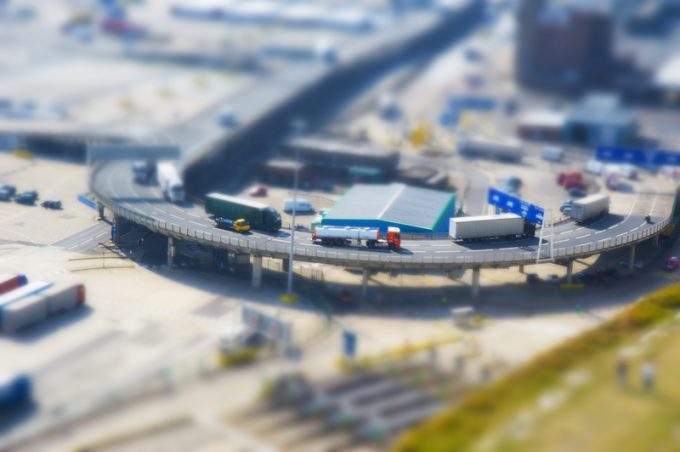EU 'frustration over what UK wants' as further trade talks loom
Supply chain operators are being warned not to get their hopes up of any imminent ...

Predictions of miles of truck queues in the approaches to Dover after a hard Brexit are numerous, but a new report from Drewry Maritime Advisors claims the UK ro-ro gateway has considerable spare capacity.
The report calculated the port capacity of Dover, with current and predicted ...

Comment on this article